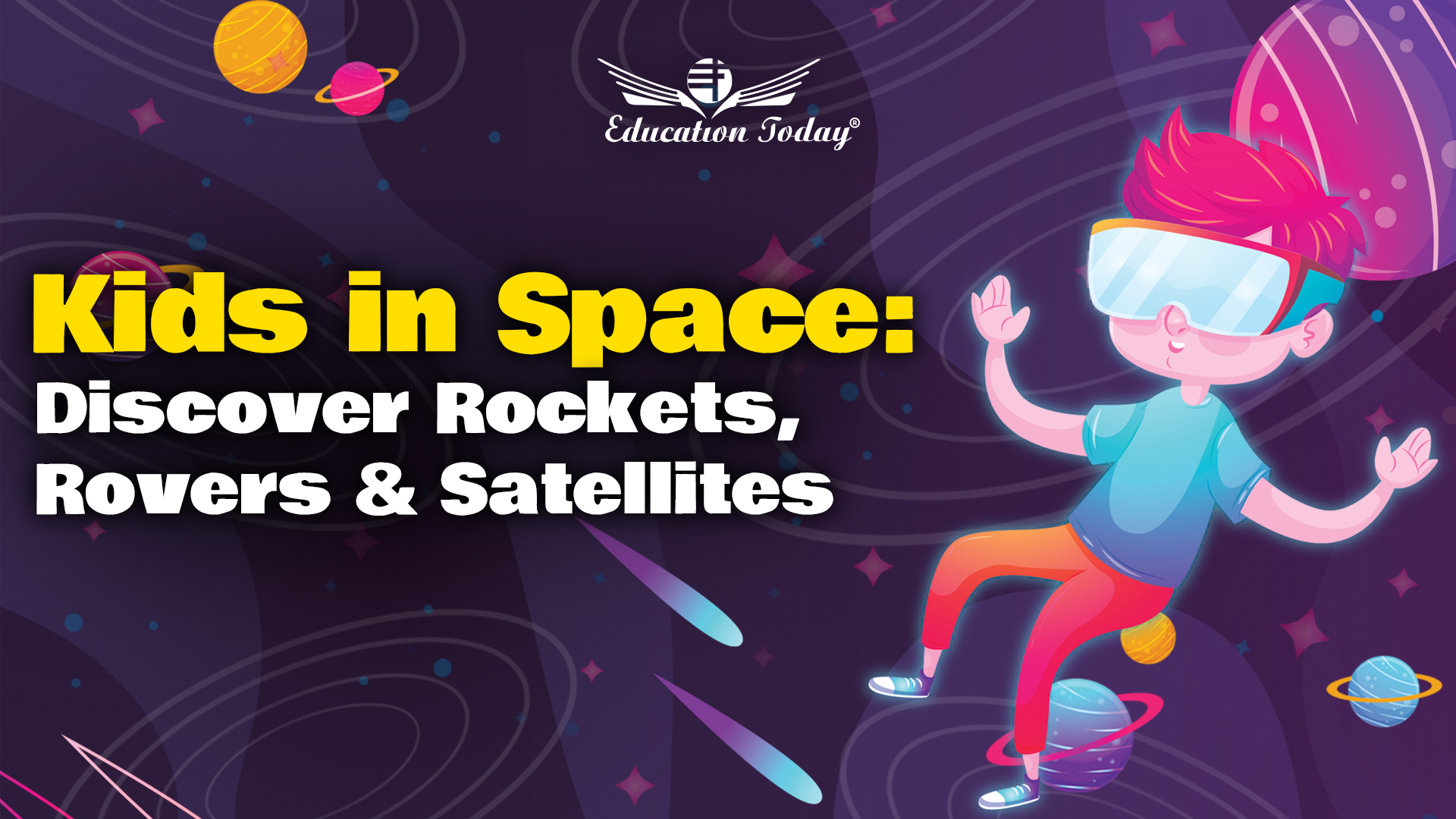Category Section
Latest Articles

Articles
Collaborative Learning & Problem-Solving – Insights from Bindu Rajesh, Principal, GIIS Bannerghatta
Global Indian International School (GIIS), Bannerghatta, Principal Bindu Rajesh strongly advocates f...

Articles
The Future of Exams: AI-Based Proctoring and Evaluation at Harrow Bengaluru
Examinations have always been the backbone of formal education, measuring not only academic knowledg...

Articles
The Silent Bell: How Parent-Teacher Communication Apps Are Transforming Student Attendance
Mrs. Kalpana Santosh, Principal of Auden School. She strongly believes that digital communication pl...

Articles
Future-Ready Minds: Shaping Careers through Industry-Academia Partnerships at Bal Bharati Public School, GRH Marg
Bal Bharati Public School, GRH Marg, under the visionary leadership of the Child Education Society (...

Articles
Girls in Leadership: Inspiring Change with Ms. Veena Gowthamchand – Jain Public School
Ms. Veena Gowthamchand, Director of Jain Public School and Jain Toddlers, reflect her deep belief in...

Articles
How to Use AI Tools to Advance Your Career in a Fast-Changing Job Market
Artificial intelligence (AI) is becoming a vital tool for professionals who want to accelerate their...
Latest Panel Discussion

Blogs
Insights on Affordable and Inclusive Education from the 12th K-12 Leadership Conference
Explore key insights from the 12th K-12 Leadership Conference 2024 on how India’s educators are work...

Blogs
EdTech vs Traditional Teaching: Insights from 12th K-12 Leadership Conference 2024
Top educators share insights on EdTech vs traditional teaching at the 12th K-12 Leadership Conferenc...

Blogs
Hyderabad Educator's Summit 2024 Spotlights Student Mental Health in Schools
EducationToday’s Hyderabad Summit 2024 addressed student mental health, highlighting the role of edu...









